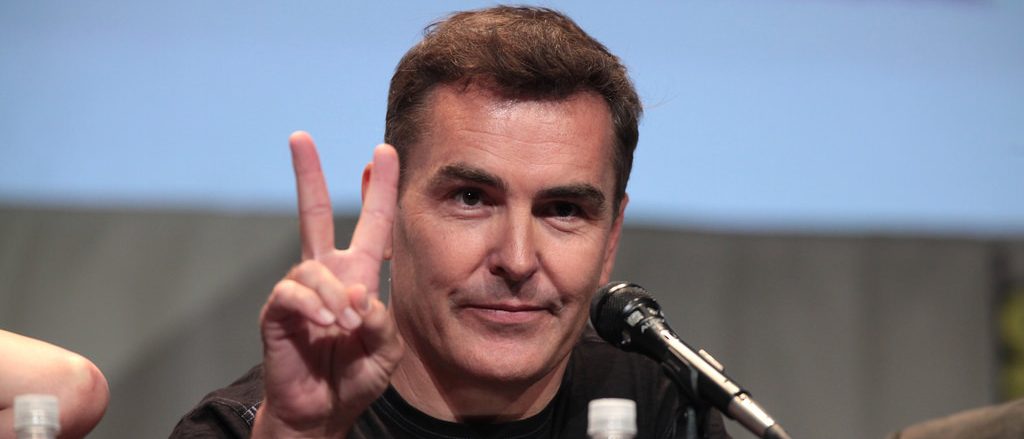We live in a world where video games are a major part of many people’s lifestyles. Here at Tech, it is evident that a large number of students play video games. A key component of these games are the voice actors. Without them the games would lose not only the obvious character voices, but also a sense of realism and life. Recently, video game voice actors have felt as though they are not being paid fairly for their work leading to a protest against many prominent gaming companies, including Electronic Arts, Inc., or better known as EA. Many of these voice actors are under the Screen Actors Guild-American Federation of Television and Radio Artists.
The video game industry generates over $20 billion in domestic revenue and sometimes even out gross major cinematic features. However, of that revenue, voice actors are paid only approximately $800-$900 per four-hour recording session.
Due to the success of video games, voice actors are pushing to receive bonuses with every 2 million purchases, digital or physical copies, with a cap at 8 million. Voice actors deserve to get paid more given that they are highly specialized craftsmen.
Of course there is a concern of creating more issues by paying voice actors with a different system that the other 99 percent of employees involved in creating a video game. Giving bonuses to voice actors wouldn’t necessarily create more issues or tension due to the way that other employees are paid. Many of the other employees, such as the coders, have a fixed salary and do not have to worry about operating on a freelance basis. However, it’s more personal than that for the voice actors.
Many voice actors are freelance and have to jump job-to-job. This can lead to inconsistent pay and strain on the actors. Some actors will push themselves so hard that they damage their vocal chords, putting them out of work for months at a time. Keeping that in mind, having the bonuses, which realistically would not apply to every single video game created but rather just major games such as Halo, could make a difference in an actor’s life. For starters, these bonuses could go towards everyday living costs, medical bills for those that do injure their vocal chords, and relieve the pressure to jump from job-to-job. The bonuses could also serve to reassure that the voice actors are appreciated and respected.
The video game industry tends to be secretive when it comes to the scripts. Actors are often given little to no details and just have to read lines given to them. This contributes to some of the tension between game companies and actors. Scott Witlin, the lawyer representing the video game companies, said they don’t think poorly of voice actors but rather, respect them greatly. However, it’s hard to tell someone you respect them and refuse to give them the money they deserve for their hard work. Without a hard working voice actor, the game loses so much detail and realism.





